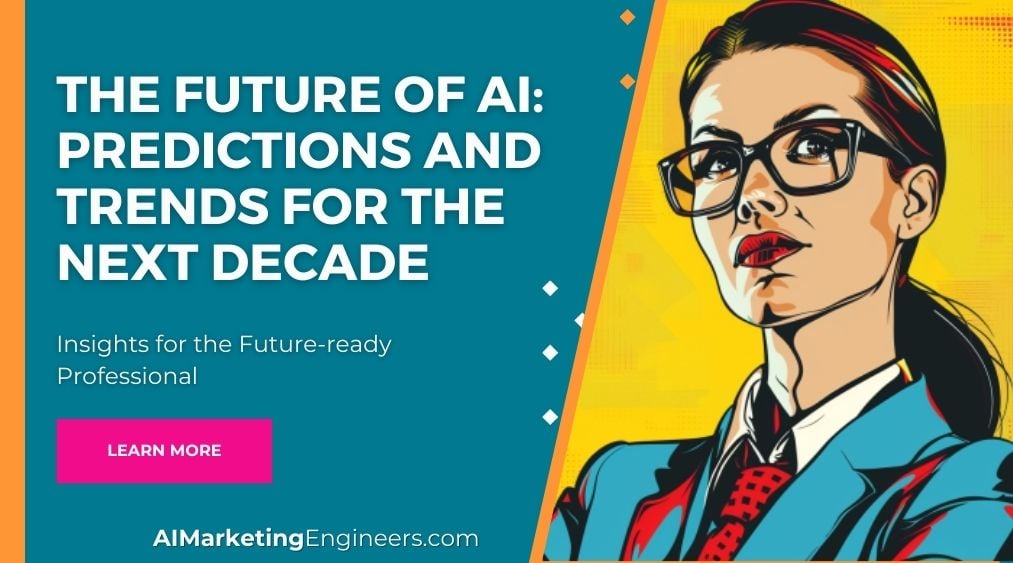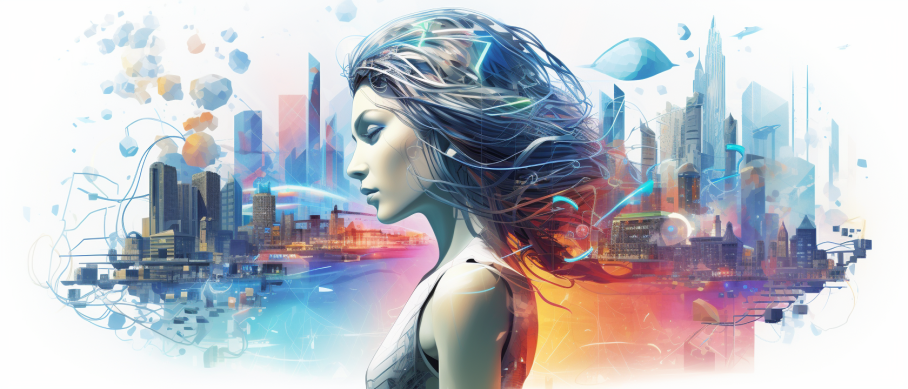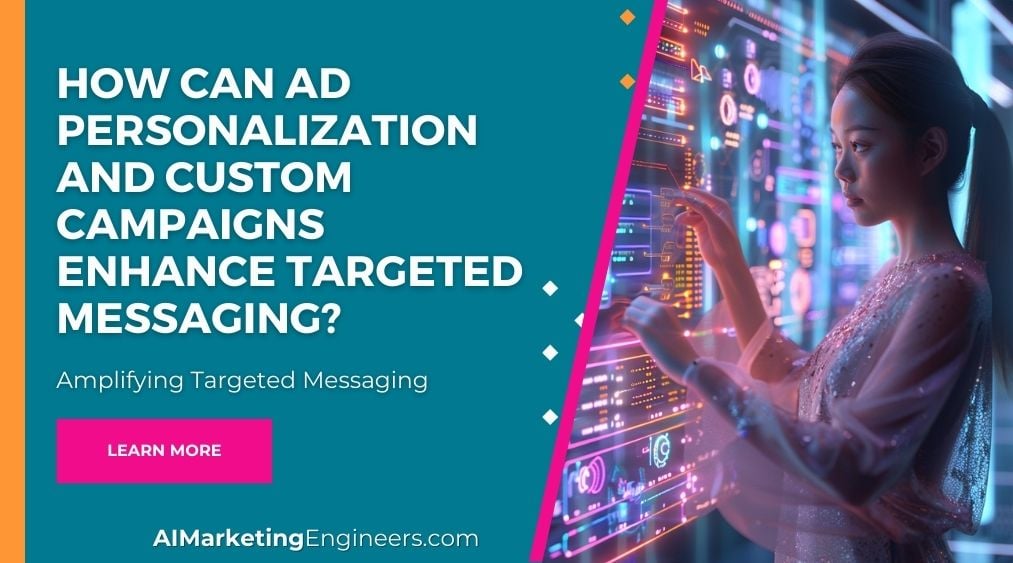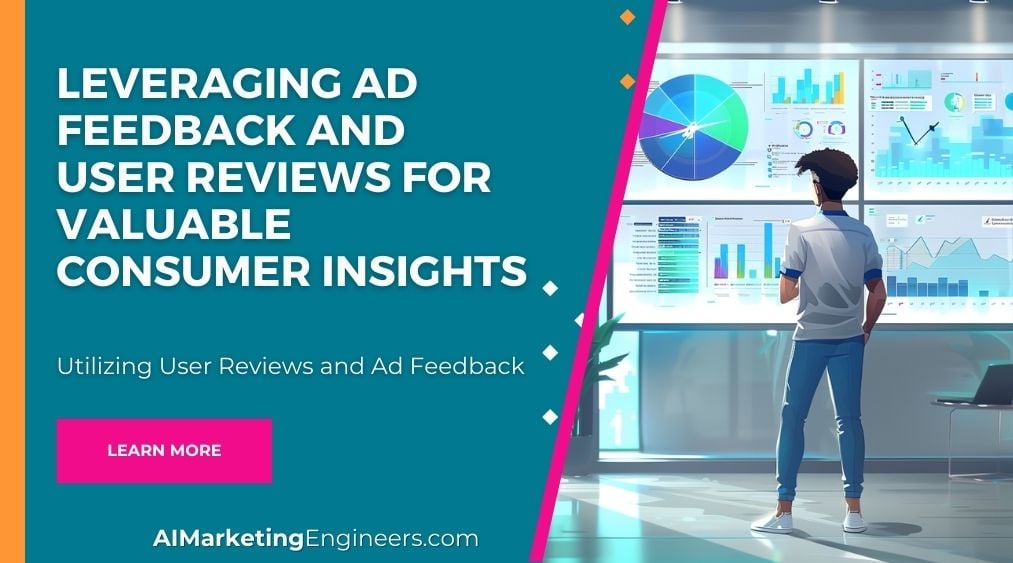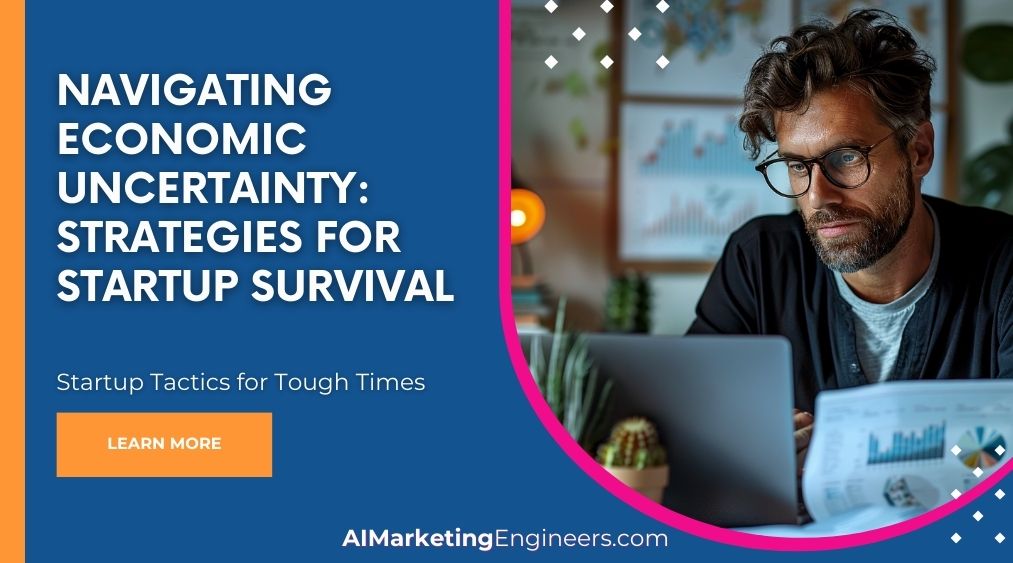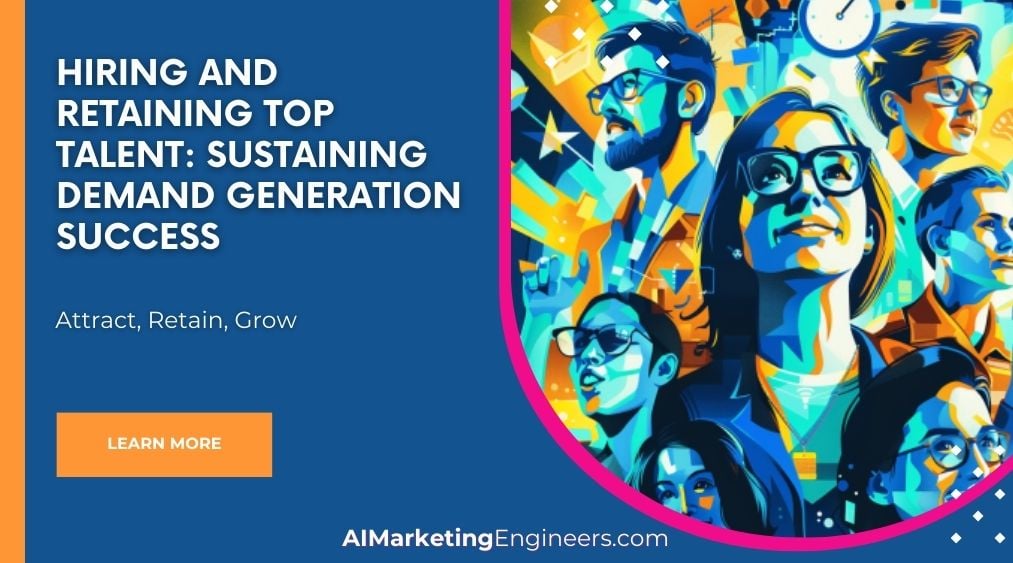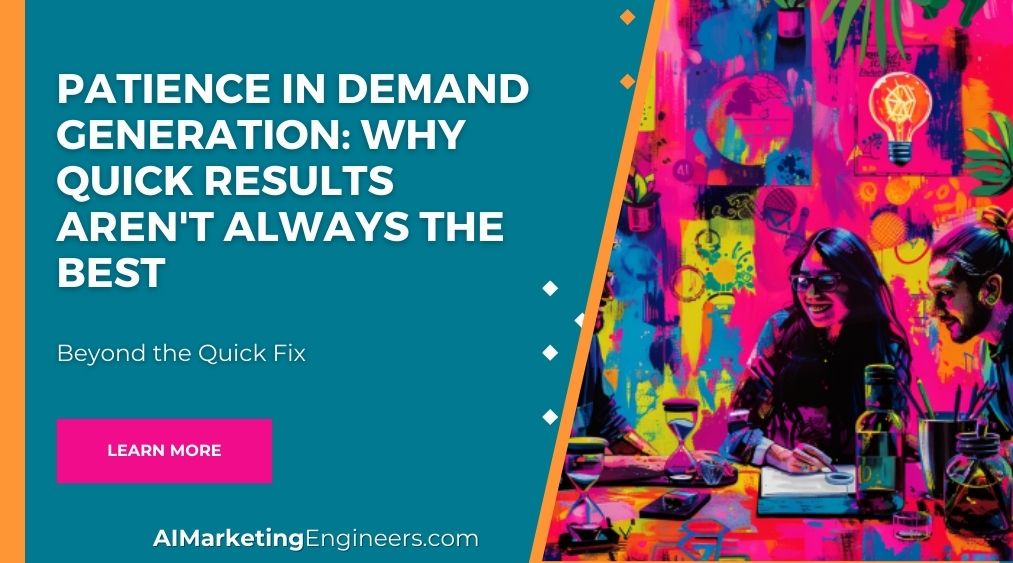Key Takeaways
✅ Increased Integration and Ubiquity: Imagine your day eased by AI, from your coffee machine greeting you in the morning to a self-driving car getting you home safely. This isn't sci-fi — it's the near future. We'll soon see AI everywhere, making life more efficient and personalized. Get ready; reality is about to get a major upgrade.
✅ Advancements in Machine Learning and Deep Learning: AI is not just learning; it's evolving faster than ever. With breakthroughs in machine learning and deep learning, it will anticipate your needs, enhance your work, and solve complex problems. Innovation will soar with AI that understands us better than we understand ourselves.
✅ Ethical and Societal Implications: With great power comes great responsibility. AI's rapid growth sparks critical questions: Who ensures it's fair? What about privacy? Jobs? This is about shaping a future that respects our values and enriches society, not just technology. It's imperative we address these ethical puzzles together.
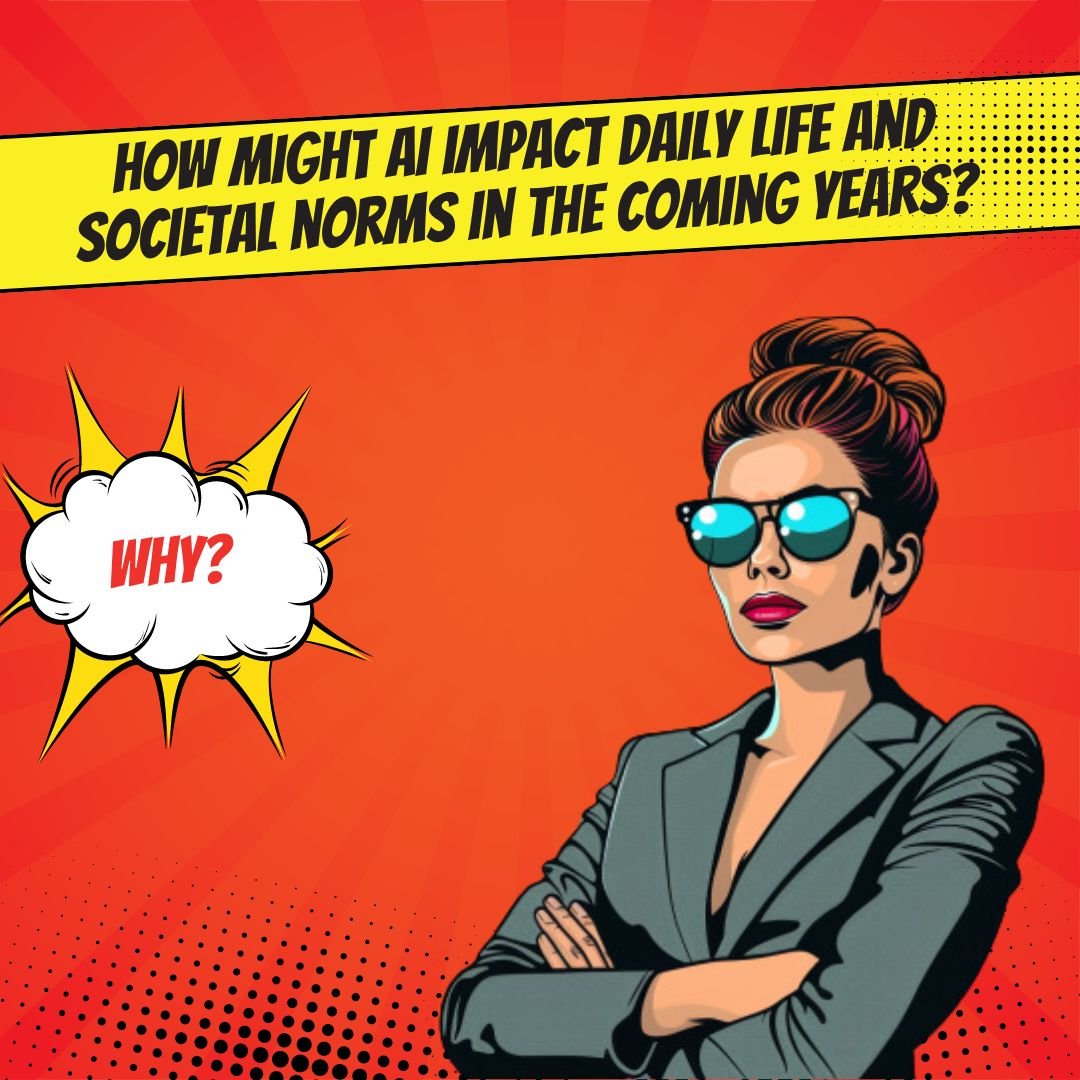
Introduction
Can you imagine a future woven seamlessly with AI, where innovation knows no bounds? The Future of AI isn't a distant dream; it's the canvas for our next decade's masterpiece. In every home, workplace, and aspect of life, Artificial Intelligence is poised to be the invisible hand guiding progress. Homes that know your comfort, cars that drive themselves, and help that comes from AI assistants—these aren't just predictions; they're the blueprints for our future lifestyles. In healthcare, expect leaps in precision medicine, making treatments as unique as fingerprints.
Deep learning will deepen, machines will learn to learn, and advancement will move at lightspeed. As we strive for explainable and ethical AI, we also embark on the quantum journey—a fusion of computing power that could turbocharge AI's capabilities. Sure, some jobs may fade, but many more will emerge. The question is: Are we ready to reskill, upskill, and co-create alongside our AI colleagues? The workforce of the future is a blend of human empathy and AI efficiency.
As we embrace AI, we must also protect our digital persona, uphold fairness, and prevent biases. AI adoption isn't just a tech challenge; it's a human one. It's about secure, fair, and universally beneficial advancement. Regulation isn't a hurdle; it's a safeguard. It's about establishing a global agreement on how AI should behave and ensuring the guardrails support innovation rather than stifle it.
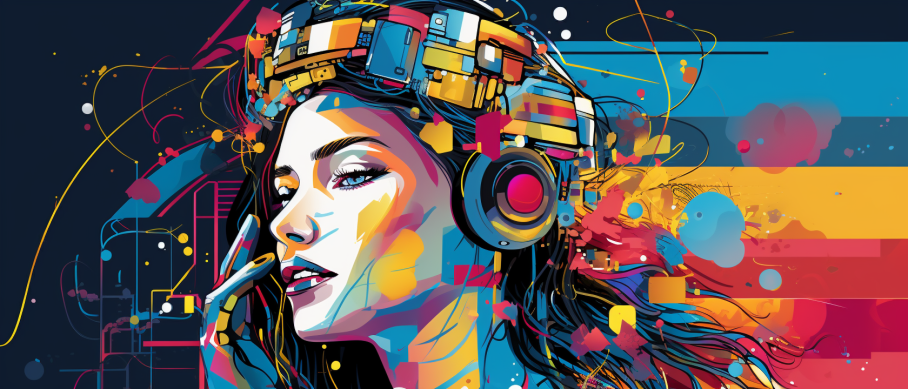
Top Statistics
| Statistic | Insight |
|---|---|
| Global AI Market Growth: Predicted to grow from $387.45 billion in 2022 to $1,394.30 billion by 2029, at a CAGR of 20.1%. (Source: Fortune Business Insights, 2021) | The expansion of the AI market could signal a transformative era in tech, influencing everything from business to everyday life. Don't you want to be part of that change? |
| AI Adoption in Healthcare: Expected to be the largest adopter with a CAGR of 36.1% from 2021 to 2028. (Source: Grand View Research, 2021) | AI's potential to revolutionize healthcare could mean earlier diagnoses and personalized treatments. Isn't that a hopeful thought? |
| AI in Manufacturing: Projected to surge from $2.5 billion in 2021 to $19.9 billion by 2027, at a CAGR of 35.4%. (Source: MarketsandMarkets, 2021) | The integration of AI in manufacturing can be a game-changer for efficiency and innovation. Think of all the possibilities in smarter production! |
| AI-Powered Automation Market: Expected to grow from $10.2 billion in 2021 to $152.3 billion by 2027, at a CAGR of 44.0%. (Source: MarketsandMarkets, 2021) | The escalation of AI-powered automation might be our answer to smarter, not harder, work. Are you ready for a world where efficiency is the rule, not the exception? |
Understanding Artificial Intelligence (AI)
Have you ever asked yourself what Artificial Intelligence (AI) is all about? Think of it like teaching a computer to make decisions just like a human would, but faster and often more accurately. Now, don't be fooled into thinking AI is a new kid on the block; it's been around since the mid-20th century. However, it’s only in recent years that AI has really started to become part of our everyday lives. Why? Thanks to an explosion in computing power and data, which is like giving a rocket to a skateboard in terms of what AI can now achieve. It's these advancements that are steering us towards a future where AI's influence is just going to get bigger and bigger.
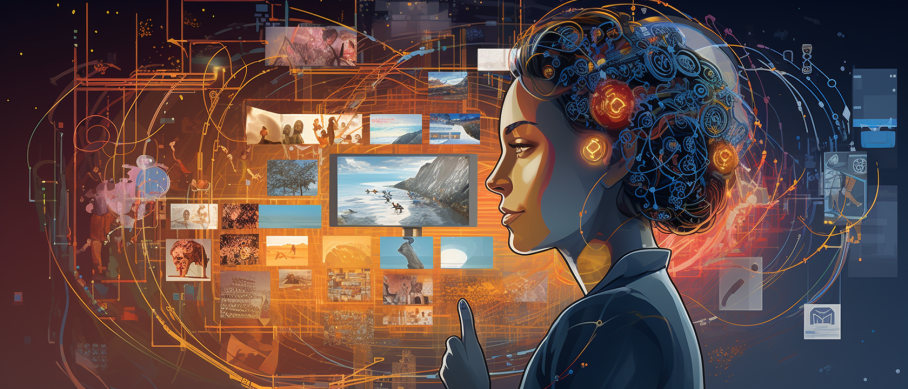
Predictions for AI in the Next Decade
Imagine waking up to your personal assistant AI making coffee and a smart home that knows just how you like your morning routine. This isn't a far-fetched idea. In the next decade, AI is set to become even more intertwined with how we live from smart homes to autonomous vehicles whisking us through traffic. In healthcare, get ready for breakthroughs where AI helps craft personalized treatment plans (precision medicine), discovers new drugs, and makes diagnosing diseases faster and more accurate. Businesses aren't left out either; they'll see a revolution in how they operate, with AI providing automation, insight into future trends (predictive analytics), and even chatting with customers. Now, how does that sound for a future? Exciting or a bit intimidating?
Trends in AI Research and Development
Diving deeper into AI, researchers are pushing the boundaries of machine learning and deep learning, making AI smarter by the minute. But here's the catch—people want to know how AI comes up with its decisions. That's where explainable AI comes in, helping us understand the 'thought' process of AI. And there's also a growing drumbeat for ethical AI, which means creating AI systems that play fair and don't discriminate. Another game-changer on the horizon? Quantum computing. It's like turbocharging AI, helping it solve problems that would take traditional computers a lifetime to crack.
The Role of AI in the Future Workforce
Here's a sticky point: AI might mean some jobs will go the way of the dodo. That's right, job displacement is a real concern. But it's not all doom and gloom. With change comes opportunity, like the rise of AI-related careers. What's critical is the need for us to adapt and reskill to work alongside our digital colleagues. Instead of fearing AI, could we embrace it as a creative partner to co-create and innovate?

Challenges and Opportunities in AI Adoption
When we let AI into our lives, we invite questions about privacy and security—how do we keep our data out of the wrong hands? Then there’s the issue of data bias; if the data is biased, the AI's decisions will be too, which could be unfair. But here's the silver lining: tackling these concerns head-on means better, fairer, and more reliable AI systems. And let's not forget the power of people around the world working together. Global collaboration could be the ticket to responsible AI development that benefits everyone.
The Future of AI Regulation and Governance
The wild world of AI might seem like the Wild West right now, but the calls for regulation and ethical guidelines are growing louder. It's about striking a balance: we want to keep the wheels of innovation turning without crashing into ethical dilemmas. To smooth things over, there could be international cooperation on AI standards. It's all about finding that sweet spot where innovation and responsible AI use coexist peacefully. And in that balance, the potential for AI to be a force for good really shines.
What do you think? Can AI be both our helper and ally while we keep a close eye on how it evolves, making sure it plays by the rules we set? Only time will tell, but the story of AI is definitely one to watch.
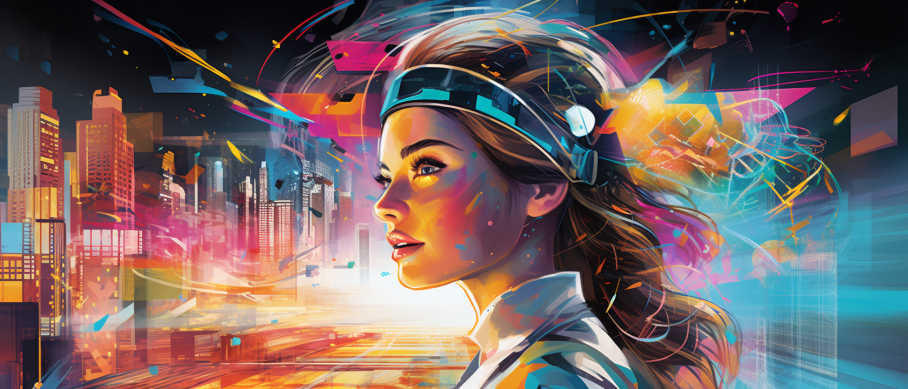
AI Marketing Engineers Recommendation
Recommendation 1: Prioritize Personalization with AI-Driven Insights: As we step into the future, it's becoming clearer that customers want to feel understood. Did you know that studies show personalized marketing messages can lift sales by 10% or more? To really harness the Future of AI, invest in AI systems that analyze customer data in real-time. This isn't about bombarding people with emails. It's about having a conversation where you're in tune with their needs—think of a system that suggests the perfect product right when your customer needs it. Isn't that a game-changer?
Recommendation 2: Embrace AI for Predictive Marketing: Ever wish you had a crystal ball to see what your customers will do next? Well, AI is as close as it gets these days. Based on current trends, companies that use AI for predictive analysis are getting ahead. This is about understanding customer behavior—not just looking at the past, but predicting future needs. By tapping into the Future of AI for predictive marketing, you can craft strategies that resonate with your audience before they even articulate their desires. Are you ready to meet your customers' needs before they click the search button?
Recommendation 3: Leverage AI-Enhanced Content Creation: Content is king, but in a world where everyone is a publisher, how do you stand out? AI tools are set to revolutionize content creation by suggesting topics, optimizing SEO, and even writing drafts. These tools keep getting smarter and more intuitive, helping creators like you stay on top of trends and grab the attention of your target audience. By jumping on the AI content creation bandwagon, you'll be able to produce more engaging, relevant content. Imagine having an assistant who knows exactly what your audience wants to read—how will you harness this potential to tell your brand's story?
Relevant Links
Maximize Your Passive Income with Expert Affiliate Marketing Strategies in 2024!
Unlocking Creativity: Revolutionize Content with ChatGPT!
Reshape Your Small Business: Growth Strategies Powered by ChatGPT!
AI in E-commerce: Revolutionizing Online Shopping
Predict the Future: How AI's Predictive Analytics Redefine Marketing
Essential AI Knowledge: Understand and Leverage AI for Marketing Success
Leading Marketing Agencies of 2024: Pioneers in Creativity and Digital Solutions
Top Innovative Marketing Campaigns: Creativity That Captures Attention in 2024
Conclusion
So, what do we take away from our journey through the winding roads and expansive horizons of Artificial Intelligence? We've peeked into the crystal ball, so to speak, and seen a future where AI is as common in our lives as smartphones are today. Imagine waking up to a home that knows just how to start your day and cars that drive themselves. Sounds like something out of a movie, right? Yet, it’s the future that’s knocking on our door.
We can't ignore the leaps and bounds happening in healthcare either. The day might come when the dreaded C-word (cancer) is faced with an AI-powered shield, providing us with treatments tailored just for us. On the business front, companies are looking forward to shaking hands with AI to make smarter moves and meet our needs better. It’s like having a super-smart assistant that never sleeps, and hey, who wouldn’t want that?
But it's not all roses and sunshine—we've got some serious noodle-scratching to do about how to navigate the challenges that come with this tech. Are we okay with a computer that knows a tad too much about us? And as for the jobs it might take away, shouldn’t we be thinking of how to paddle our own canoes when that wave hits?
We've also touched on something vital: AI is like a growing child, and teaching it about right and wrong—hello, ethical AI—means we've got our work cut out for us. There’s talk about AI regulation, because let's face it, we want to be in charge of the AI, not the other way around.
So, what’s the bottom line here? If we’re smart about this—if we embrace AI and steer it in the right direction—it's not just about machines getting better; it's about our lives improving in ways we can hardly imagine now. It’s about being healthier, making our day-to-day simpler, and sparking off new job opportunities that could be the highlight of a future resume.
We're standing at the edge of tomorrow, and AI might just be the bridge that takes us there. The question is, are we ready to cross it? And more importantly, how can we make sure that this bridge leads us to a place we actually want to go? The stage is set for the next decade of AI, and it's time for the discussion to start today. What role will you play as this.
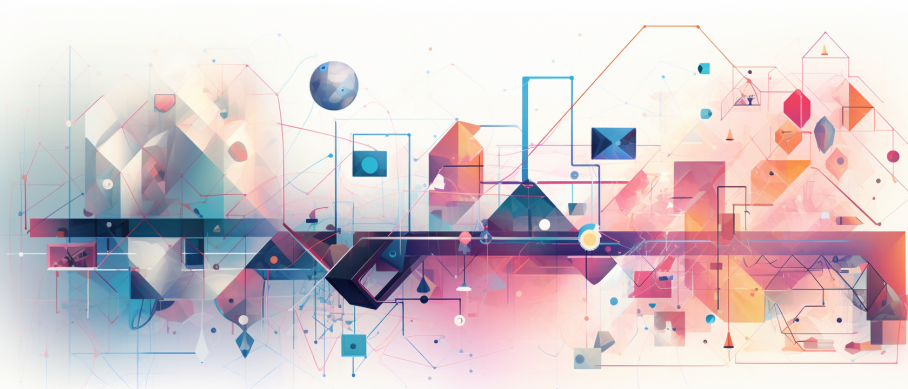
FAQs
Question 1: What is Artificial Intelligence (AI)?
Answer: AI refers to the simulation of human intelligence in machines designed to think, learn, and perform tasks like humans.
Question 2: What are the main trends in AI for the next decade?
Answer: AI trends include the growth of deep learning, natural language processing (NLP), reinforcement learning, edge computing, and the integration of AI with other technologies like IoT, 5G, and blockchain.
Question 3: How will AI impact the job market in the next decade?
Answer: AI is expected to create new job opportunities and transform existing roles, leading to a shift in the skills required for the workforce. While some jobs may be automated, new roles in AI development, data analysis, and AI-related fields will emerge.
Question 4: What are the ethical considerations surrounding AI?
Answer: Ethical concerns include bias, privacy, transparency, and accountability. Ensuring AI systems are fair, transparent, and accountable will be crucial for their responsible development and deployment.
Question 5: How will AI impact healthcare in the next decade?
Answer: AI is expected to revolutionize healthcare by improving diagnostics, personalizing treatments, and enhancing drug discovery. AI-powered tools like chatbots and virtual assistants will also help streamline patient care and administrative tasks.
Question 6: What is the role of AI in sustainability and environmental protection?
Answer: AI can help address environmental challenges by optimizing energy consumption, improving resource management, and enabling more sustainable practices in various industries.
Question 7: How will AI influence the future of transportation?
Answer: AI will play a significant role in the development of autonomous vehicles, smart traffic management systems, and advanced transportation technologies, leading to safer, more efficient, and more sustainable transportation.
Question 8: What is the difference between AI, machine learning, and deep learning?
Answer: AI is the broader concept of machines performing human-like tasks, while machine learning is a subset of AI focused on training algorithms to learn from data. Deep learning is a subset of machine learning that uses neural networks with multiple layers to process and analyze data.
Question 9: How can I start learning about AI and its applications?
Answer: Beginners can start by exploring online courses, tutorials, and resources on AI, machine learning, and deep learning. Joining AI-related communities, attending conferences, and working on AI projects can also help build knowledge and skills.
Question 10: What are some practical applications of AI in daily life?
Answer: AI is already present in various aspects of daily life, including virtual assistants (e.g., Siri, Alexa), personalized recommendations on streaming platforms and e-commerce websites, smart home devices, and fraud detection in financial transactions.
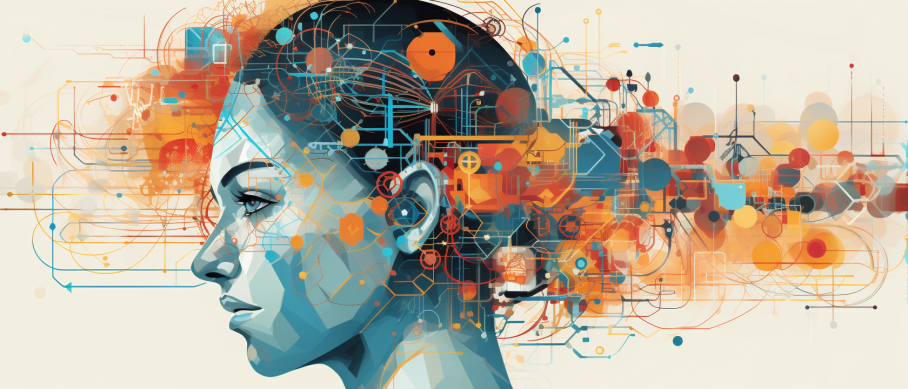
Academic References
- Perplexity. (2019). The Malicious Use of Artificial Intelligence: Forecasting, Prevention, and Mitigation. This report addresses the darker side of AI advancements by examining how artificial intelligence could potentially be weaponized. It's a deep dive into safeguarding the future by presenting solid strategies on how to prevent and counteract these threats.
- Perplexity. (2021). The AI Index 2021 Annual Report. This is your go-to document for getting a comprehensive snapshot of AI's trajectory – it covers research, development, and adoption in various sectors, painting a clear picture of where we are and where we might be headed with AI.
- Frey, C. B., & Osborne, M. A. (2013). The Future of Employment: How Susceptible are Jobs to Computerisation? This paper stirred up a lot of discussions when it came out. It's an essential read, analyzing job sectors at risk of automation and sparking conversations about the shape of our future workforce.
- Goertzel, B., Togelius, J., & Heljakka, K. (2018). The Road to Artificial General Intelligence. If you're curious about what it would take to progress from AI as we know it to Artificial General Intelligence (AGI), this book lays out current research and imaginative potential breakthroughs.
- Lee, K.-F., & Chen, Q. (2021). AI 2041: Ten Visions for Our Future. It's a blend of science and speculation, where Lee Kai-Fu and Chen Qiufan offer thought-provoking narratives that explore how AI might shape our lives two decades down the line.
- The One Hundred Year Study on Artificial Intelligence. (2016). Artificial Intelligence and Life in 2030. Stanford University authored this thorough report, which gives us a sneak peek into the next decade, speculating how AI might influence sectors like healthcare, transportation, and education.
- Perplexity. (2021). The State of AI: Divergence. Are we heading towards an AI utopia or a dystopia? This report discusses the current landscape of AI and its wider potential social impact, emphasizing why moving forward responsibly is non-negotiable.
